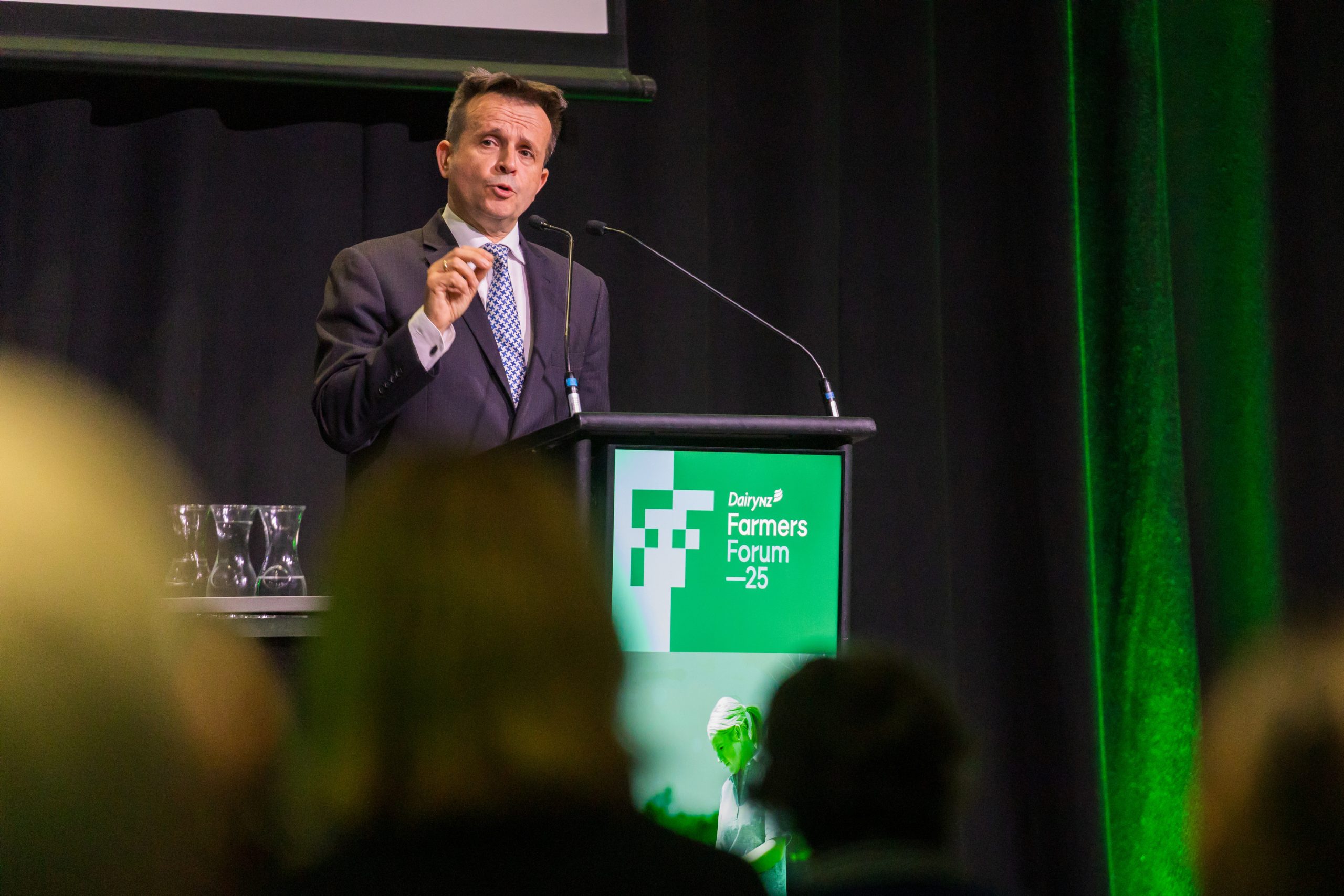Plans are nothing, but planning is everything.
It is the process of building, thinking through the possibilities, coming up with predictions and sometimes being proven wrong. When the plan changes, as it will, re-adjust the forecast. That is what developing and then monitoring a budget does for a farming business, says agri specialist accountant Amanda Burling.
“2020 has to be one of the most bizarre years ever. Pressure has and still is coming at us from all different directions. In my role I am seeing ongoing financial impacts of severe drought, recovery of the business from drought and low payout and pressure on cash flow from bad years, flowing into high tax bills from good years.
“Along with over expansion and over investment in capital and pressure from banks to repay debt and reduced promise of capital gains, farmers have regulatory issues around effluent and the environment and a struggle to find good reliable employees.
“On the plus side there is a gently optimistic milk forecast and low interest rates that we are expecting to stick around for a little while.”
So what can farmers do to be ready for change and ensure ongoing success?
Plan
Plan for the unexpected. Manage your farm as a business, build and grow financial awareness of your system, know your position and respond accordingly.
Planning involves two key parts, preparation of the plan and monitoring and taking action when plans change. Top performing farmers know and take ownership of their budgets (what gets monitored gets measured). This means looking at budgets monthly, quarterly, or by GST period, reviewing and explaining variances and re-forecasting those variances.
Build resiliency
Resiliency refers to getting your business to a point that allows you to ride out some downturns and tough years, but still have a viable business. Simply put, it is about being financially able to cope with the unexpected. Resiliency involves three key parts: everyday, rainy day and one day.
A quote from one of her clients nailed it for her.
“Knowing where you are (financially) means that you can spend more time looking at where you are going. Going forward, this means making financially informed business decisions faster, saving time and headspace. Hours and hours of unproductive thought is wasted on not knowing your financial position. It kills productivity and the ability to work efficiently.”
SO WHAT IS THE STARTING POINT?
What is your current position?
Burling says your current position is not what your last financial statements showed you. This is not what is in your bank account today, but is a combination of all of it.
It is how you did last year, how you are going this year and where you plan to finish.
Understand your position
Lots of people don’t understand their position, so they should seek out opportunities to learn, she says.
“There are lots of opportunities out there if you look. I do annual workshops on understanding your financial position and budgeting. This year we had to adapt and worked with DairyNZ to do them online.”
Know your break even milk price or FWE (if not dairy)
Every day farmers need to be bank ready, show good etiquette and build trust in your ability, Burling says.
Be bank ready
“When you are bank ready, you are able to act fast. This means that you can see a cash shortfall coming and arrange an OD facility well before it is needed, or you can act before the neighbors if an opportunity pops up that you want to take advantage of.”
Etiquette is important
“We have seen banks turn down requests for OD extensions this year because it was apparent when viewing the transactions, that the clients had purchased take-aways five or six times a week for a month and it was decided from this that their level of personal expenditure was responsible for the need for an OD extension.”
Build trust in your ability
How many chances would you give someone? Turning up late, failing drug testing, making mistakes. How many chances would you give them before you lost trust/faith in them and their ability? The bank is no different. If you have been in a tough spot, you need to prove that you are growing your ability to manage things. If you have a great history, you need to prove your ability to forecast and manage if you want to secure further lending for expansion.
“Basically, everyday resiliency means meeting your everyday obligations, making timely decisions, and knowing your reality.”
Rainy day resiliency means being prepared for the unexpected. Fluctuating market price, drought and the tractor breaking down and could be having insurance to cover the eventuality.
Long-term resiliency is our ‘one-day’ goal. This involves actually setting a goal and can be driven by knowing WHY.
Phase two is based on building trusted relationships, Burling says.
“The more we get to know our clients, and understand what makes them tick, the more value we can add to their business. Tell your trusted advisors everything – holding back information doesn’t allow us to make recommendations on the full picture.“
Include all of your team, lawyer, banker, consultant – make sure everyone is on the same page.
There are real synergies to be gained from sharing knowledge and working collaboratively on data.
- Amanda Burling is an Agri Specialist accountant with Baker Tilly Staples Rodway Taranaki.





